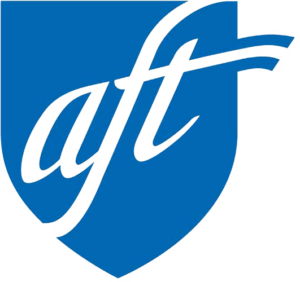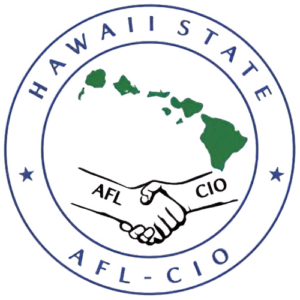ARTICLE IV, FACULTY PROFESSIONAL RESPONSIBILITIES AND WORKLOAD
A. Faculty Members are responsible for maintaining high professional standards of scholarship and instruction in their field of special competence. In giving instruction upon controversial matters, Faculty Members are expected to set forth justly and without suppression the differing opinions of other investigators, and in their conclusions provide factual or other scholarly sources for such conclusions. Faculty Members should be careful not to introduce into their teaching controversial matters that have no relation to their subject. In the conduct of research, Faculty Members shall adhere to legal and ethical standards and procedures. Faculty Members employed by an organized research unit or other organizational units with a research mission, or whose research is supported by an extramural contract or grant, have a responsibility to follow the directions of their supervisor or principal investigator in the conduct of research in support of the mission of the unit or in fulfillment of the terms of the contract or grant. The commitment to academic freedom in the conduct of research does not imply that a Faculty Member’s research is not subject to critical review and judgment as to its quality and significance. When speaking and acting as individuals, Faculty Members shall take suitable precaution to assure that personal utterances or actions are not construed as representing the University.
B. The primary professional responsibilities of Faculty Members are teaching, research, specialized educational services, and community service. Faculty Members also have professional responsibilities such as advising students; registration of students; participation in campus and University-System committees; keeping regularly posted office hours which are scheduled at times convenient for students; and participation in traditional functions which have unique academic significance. The performance of teaching duties, research, and service extends beyond classroom responsibilities and other direct student contact duties.
Instructional activities encompass more than just classroom teaching. Other aspects of instruction include, but are not limited to: academic and thesis advising, supervision of instructional activities such as cooperative work experiences, practica, internships, and practice; instructional management, tutoring; curriculum and course development; and creation of teaching and instructional materials, and supervision of laboratory activities. Also, included in the work associated with instruction are the implementation of instructional systems and strategies, distance learning technologies, and student evaluation and assessment.
Faculty workload is not limited to instruction. It may include disciplinary research, scholarly activities, or creative endeavors; service to the academic community, the government, the private sector, and other public interest groups; outreach programs; student advising and counseling; equipment and facilities development and maintenance; and information systems development and implementation, including professional librarian services, or serving as a program coordinator.
The Board of Regents recognizes Faculty Members are professional employees and experts in their fields. Faculty workload shall be based on the following principles.
1. Faculty Members when engaged in instruction and research find most of the work occurs outside of the classroom, in the same manner as most of the work of surgeons and attorneys is outside of the operating theater and courtroom, respectively. It is understood that Faculty Members are not hourly employees. Faculty workload will be scheduled according to the nature of the work, the preparation and training necessary to complete the work, the time of day that the instructional or other duties are performed, and the location of the worksite.
2. The elements of individual Faculty Member’s workload may differ depending on: the professional duties of the Faculty Member; the objectives of the unit, division, or department; and the mission of the school or college. When making workload judgments about instructional and direct student contact, the unit, division, or department will give consideration to the total responsibilities borne by the Faculty Member within the context of the college mission and unit, division or department objectives.
3. Based upon the teaching demands placed upon the division or department by curriculum, the Chair, after consultation with division or department Faculty Members, will identify the total instructional workload requirements to be met for the academic year. Using the planned professional objectives and activities of the Faculty Member, and the objectives of the division or the department, the Chair and the Faculty Member will determine the Faculty Member’s instructional workload in accordance with Board of Regents’ Policy 9-16. In every case the assignment of credit hours shall take into account other aspects of the Faculty Member’s responsibilities, e.g., research and service. In some cases, Faculty Members may not be assigned any course credit hour teaching.



